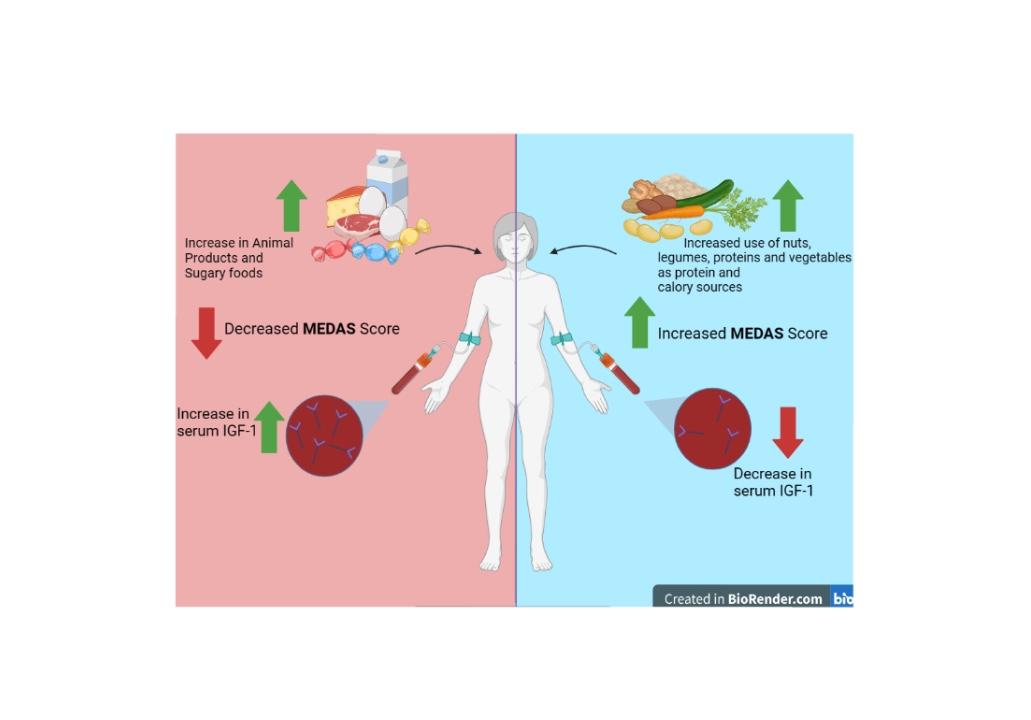

Manvik Johar
Class of 2026Campbell, California
About
Hello, my name is Manvik Johar! In my project, I'll be researching about Breast Cancer, specifically trying to understand how switching to a healthier diet can decrease chances of breast cancer penetrance in those with the BRCA1 germline mutations. For this project I will be conducting RNA-sequencing analysis and writing a research paper. After my project is complete, I want to explore other interesting aspects of biology and am interested in animating the content of my research paper into a video in the near future.Projects
Project Portfolio
How can healthy lifestyle choices such as diet lower the chances of breast cancer in people carrying the germline BRCA1 mutation?
Started June 4, 2023

Abstract or project description
It has been reported that approximately one out of eight women will develop breast cancer in the course of their lifetime. Some of these women are genetically predisposed to having an even higher likelihood for developing this condition, particularly those with a BRCA1 germline mutation. BRCA1 is a vital gene for the healthy functioning of cells and performs an important role as a tumor suppressor. For women with a hereditary mutation in this gene, breast cancer seems to be a looming hurdle in the path of their life. Though no cure has been found to eliminate BRCA1 penetrance altogether, an Italian study conducted in 2020 offers a refreshing solution to a problem that has largely been solved through chemotherapy: our diet. In the study a group of women, all with either the BRCA1 and BRCA2 deleterious mutations, were prescribed to follow a Mediterranean cuisine centered diet with a reduced intake of protein, animal products, and sugary foods and beverages in the hope to decrease their chances of breast cancer. At the end of the study this group of women reported an overall reduced triglyceride count along with reduced hip and waist circumference. However, most importantly, they reported an approximate 11% reduction in blood serum IGF-1 levels. IGF-1 (Insulin-like Growth Factor) is a known breast cancer proliferator, leading to the hypothesis that reducing the amount of IGF-1 present in blood serum in patients with hereditary BRCA1 mutations may lead to a 10-20% decrease in breast cancer risk. Though this line of reasoning made sense we wondered why were those with this BRCA1 mutation specifically reduced their IGF-1 blood serum levels? What was the link between BRCA1 and IGF-1? Was the IGF-1 pathway in cancers with the BRCA1 mutation transcriptionally upregulated? To answer these questions, we conducted RNA-sequencing analysis of breast cancer samples with the BRCA1 mutation and samples without the mutation. We identified significantly differentially expressed genes between BRCA1 mutant and BRCA1 wildtype breast cancer patient samples. We then looked for genes found in the IGF-1 signaling pathway. Our research found that one of the genes in the IGF-1 signaling pathway—MAPK4—was indeed upregulated significantly in the samples with the BRCA1 germline mutations. MAPK4 can stimulate the AKT/mTOR pathway—a pathway that can lead to cancer proliferation—and so an upregulation in the gene signifies a higher amount of activity in the pathway, ultimately leading to a faster rate of cancer development. Therefore, our research pointed at the idea that by controlling IGF-1 levels through diet, the proliferation pathway stimulated by the excess transcription of MAPK4 could be hindered, and diet may indeed prove to be a powerful preventive treatment for people with the BRCA1 deleterious mutations.